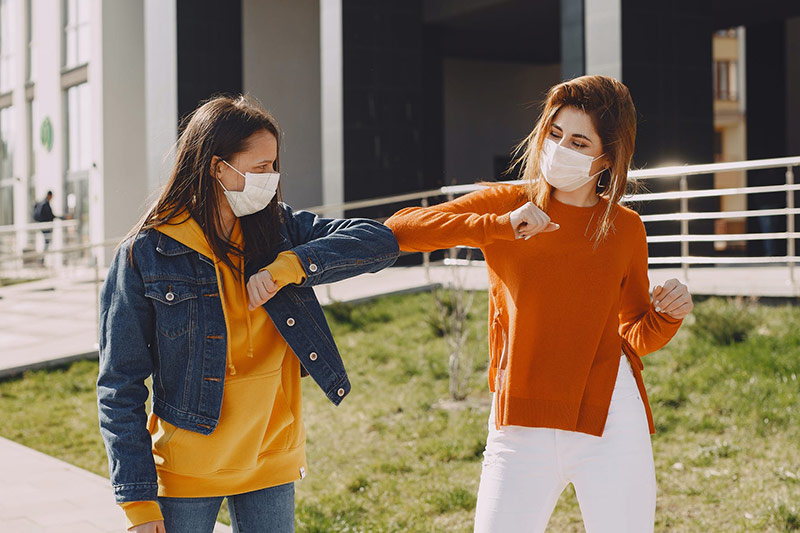The events that took place at the US Capitol on January 6, 2021 were difficult to watch. It brought up concerns for our personal safety and the safety of our nation. It was the latest addition to safety-related crises we have known throughout 2020, not the least of which is the daily awareness of a pandemic that threatens our physical safety, daily routines, and plans.
Human beings have a basic need for safety, both being safe and feeling safe. Even when we may be physically safe, we may have difficulty feeling mentally or psychologically safe because of the threats that surround us. As we try to find a way forward in our day-to-day lives after yet another crisis that has made us evaluate our safety, we wanted to share some practices that can help us feel mentally safer. We may not be able to control the world around us, but we can take steps to help the world within us.
Tips for Increasing Mental Safety During Crisis
Safety of Routine: When things are difficult, sometimes we abandon our usual routines. It is important to remember that our minds and bodies like predictable routines. As much as you are able, get back to your regular sleep routines, hygiene practices, exercise, and eating and social patterns. Aim toward things that will help you mind and body say, “Oh, yes. I recognize that.” Familiarity supports our psychological safety.

Environmental Safety: Our access to environmental safety has a lot to do with economic status, privilege, and available resources. That said, to the degree that you are able or have access, increase your physical safety and comfort. Be with encouraging people. Make your living environment physically comfortable and safe. Stay in for a while as long as you aren’t isolating. If it feels better, lock your doors, turn on lights, read a good book, watch an uplifting show. Even small gestures can say to your mind, “I’ve got you. We’re safe here.”

Information Safety: Unless you are in immediate danger and need to know the current news, there is a different mental impact to watching the news constantly as it unfolds vs. catching the headlines later. Our minds benefit from debriefing important details rather than obsessing over every nuance. Consider the psychological safety of checking in with what is going on with Washington, COVID, or anything else distressing once-a-day, rather than more frequently.

Lack of Change: We do not always have control over how much change is in our lives. But, to the degree that we do, avoiding drastic changes during times of mental overwhelm or social/personal crisis can be helpful. As an example, historically, fewer babies are born during pandemics and recessions because people are avoiding change to help cope with current stressors. If there are changes you need or want to make during these difficult days that’s one thing. But, if you don’t have to change things, keeping things as much the same may be helpful.

The chronic undercurrent of the pandemic means that any additional threat to our safety, personal, national, or otherwise, can feel really overwhelming. In order to stay psychologically safe, consider remaining consistent with your routines, creating physical safety and comfort, limiting crisis information intake, and avoiding significant changes as possible. Take care of the safety within when the safety outside feels uncertain.
January 8, 2021. By Anne Rulo, Author, Speaker, Therapist. www.annerulo.com. FB/IG/Twitter @annemrulo
